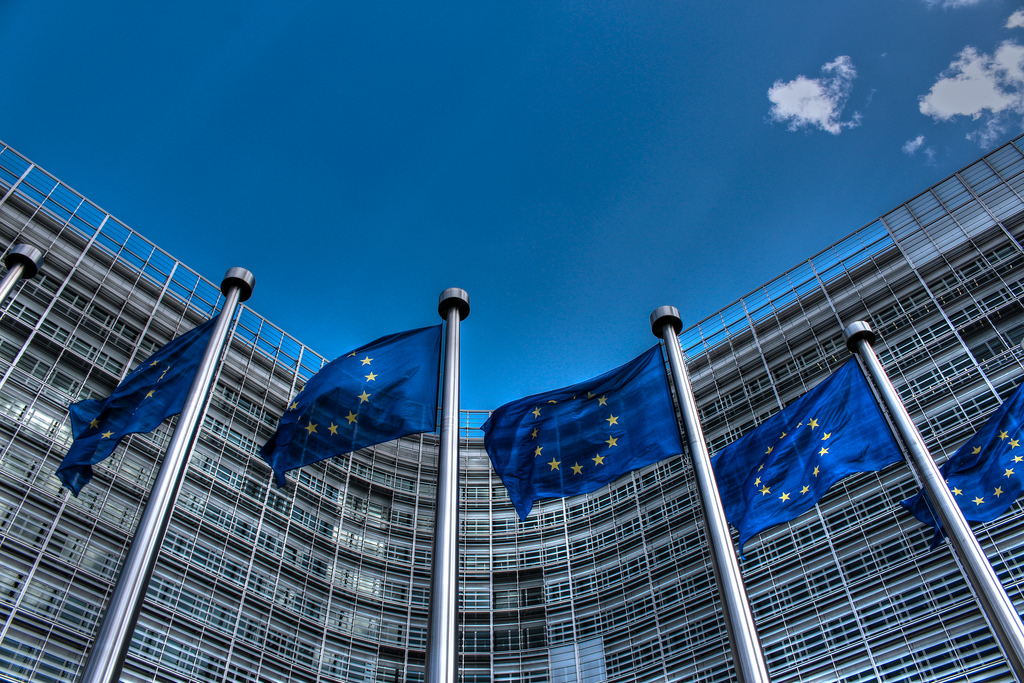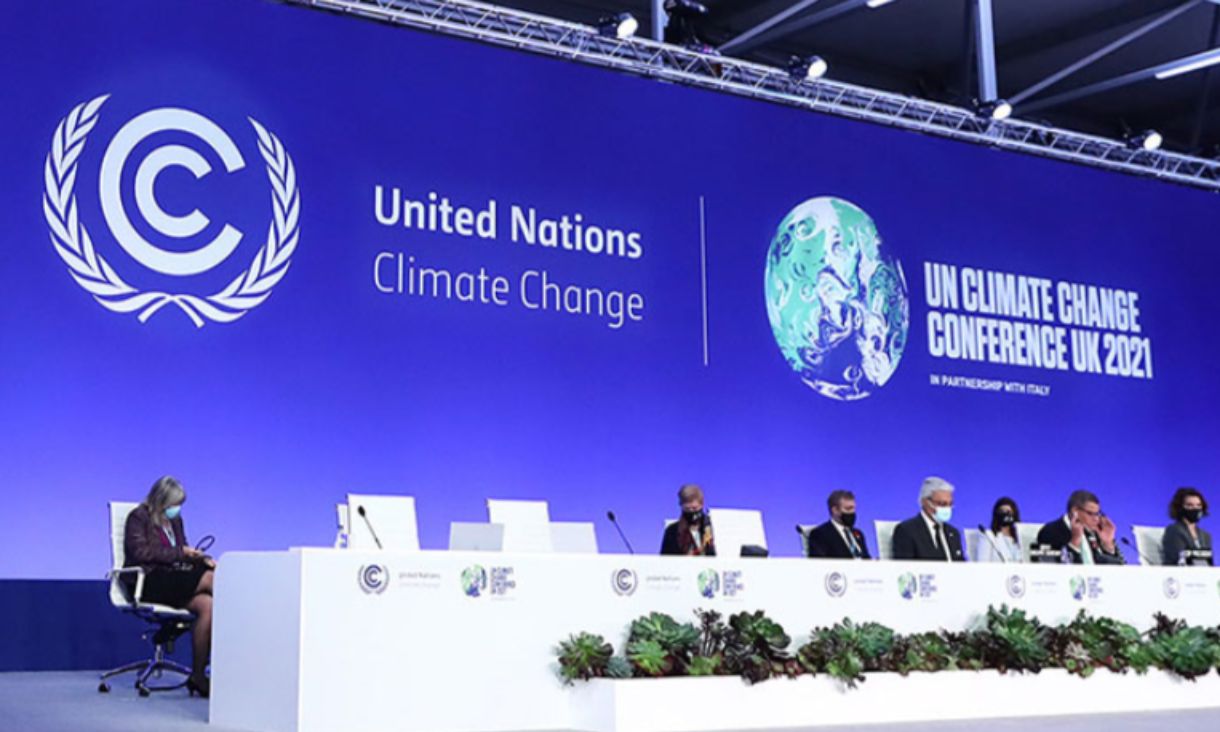The COVID-19 crisis is not only one of the most significant health crises that European countries have experienced this century but is having notable ramifications on the global economy. Amidst this pandemic, European countries have reacted and responded in diverse ways (e.g. Spain). While these different responses could be perceived as evidence of a growing sense of disunity among member states, it is essential to understand the level of governmental powers the EU holds vis-à-vis its member states in the area of public health. It is equally important to consider the countries’ political system and its political culture which, to a large extent, influenced these diverse national responses.
The 1993 Maastricht Treaty introduced ‘Article 6 TFEU’ which stated that public health is a policy area where the EU supports, complements or supplements the actions of its member states. So, the EU’s role is to balance potential common interests while upholding national sensitivity and specificity. The EU’s complementary role in public health is reiterated by the Commission who emphasised the importance of providing guidance and tools to member states to promote deeper cooperation and assist national systems in operating more effectively.
Under the Lisbon Treaty, while public health is a policy area where the EU is expected to support and complement directives adopted by member states, common safety concerns in public health issues are in an area where competence is shared between the EU and its member states (Article 4 TFEU). The dual nature of the competences in the area of public health has, in certain instances, rendered EU action towards COVID-19 difficult and ineffective.
It was not until the second week of March that the president of the European Commission, Ursula von der Leyen, proposed that all non-essential travel to the EU be suspended for 30 days. Despite the intentions articulated by the President of solidarity, the EU’s limited governmental power in public health in member states has meant that the response to the pandemic is far from being ‘coordinated and united’. Instead, European countries are implementing different health protocols and measures to protect their citizens in line with their specific healthcare systems. These measures did not prevent an impression of inaction and confusion.
Due to the unilateral decisions of some member states, the pandemic has shifted from health and public order problems to the questioning of the functioning of the Schengen area and the single market. Whilst the EU maintains the ability to support its members in the area of public health, the member states hold the majority of power which has led to the somewhat disorganised and varied responses in the wake of the COVID-19 pandemic.
Sophie Di Francesco-Mayot - Researcher Officer, RMIT EU Centre of Excellence
Brad Davison - Research Assistant, RMIT EU Centre of Excellence
Campbell Hughes - Intern, RMIT EU Centre of Excellence
References
Dallison, P. March 16 2020. Von der Leyen calls for ban on travel to EU, POLITCO, viewed 2 April 2020, accessed: https://www.politico.eu/article/von-der-leyen-calls-for-ban-on-travel-to- eu/
European Commission 2020, EU Health Policy, viewed 25 March, accessed: https://ec.europa.eu/health/policies/overview_en
European Commission 2020a, Coronavirus Response: Public Health, viewed 25 March, accessed: https://ec.europa.eu/info/live-work-travel-eu/health/coronavirus-response/public- health_en
European Commission 2020b, Coronavirus Response: Crisis management and solidarity, viewed 31 March, accessed: https://ec.europa.eu/info/live-work-travel-eu/health/coronavirus- response/crisis-management-and-solidarity_en
EU of the European Parliament and the Council 2013, Decision No.1082/2013/EU of the European Parliament and of the Council of 22 October 2013 on serious cross-border threats to health and repealing Decision No 2119/98/EC, Official Journal of the European Union, Brussels.
Jones, S. & Kassam, A., March 27, 2020, Spain defends response to coronavirus as global cases exceed 500,000, The Guardian Australia, viewed 2 April 2020, accessed: https://www.theguardian.com/world/2020/mar/26/spanish-coronavirus-deaths-slow-as- world-nears-500000-cases
Maurice, E., Bloj, R., Buzmaniuk, S., Antonini, C., and d’Angelo, C. 2020, Covid-19: European Responses, a complete picture, Fondation Robert Schuman.







